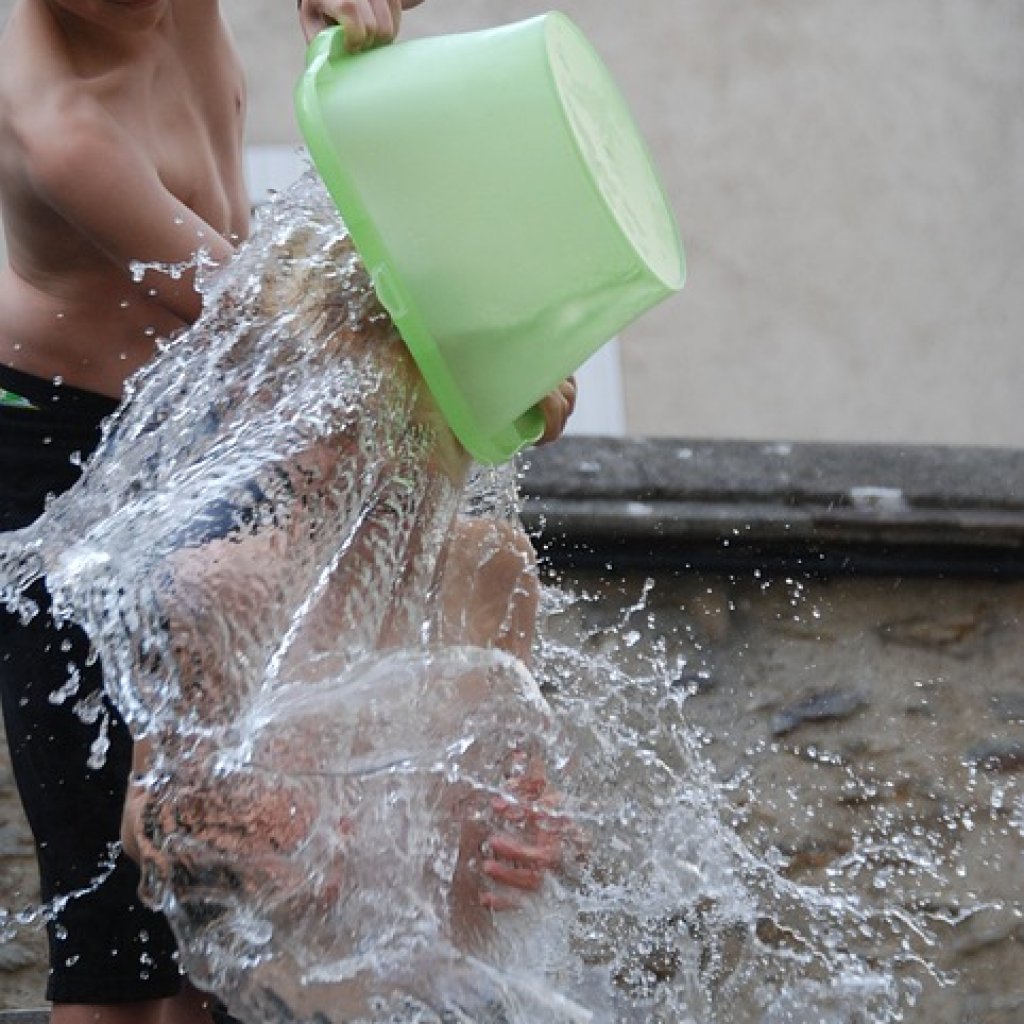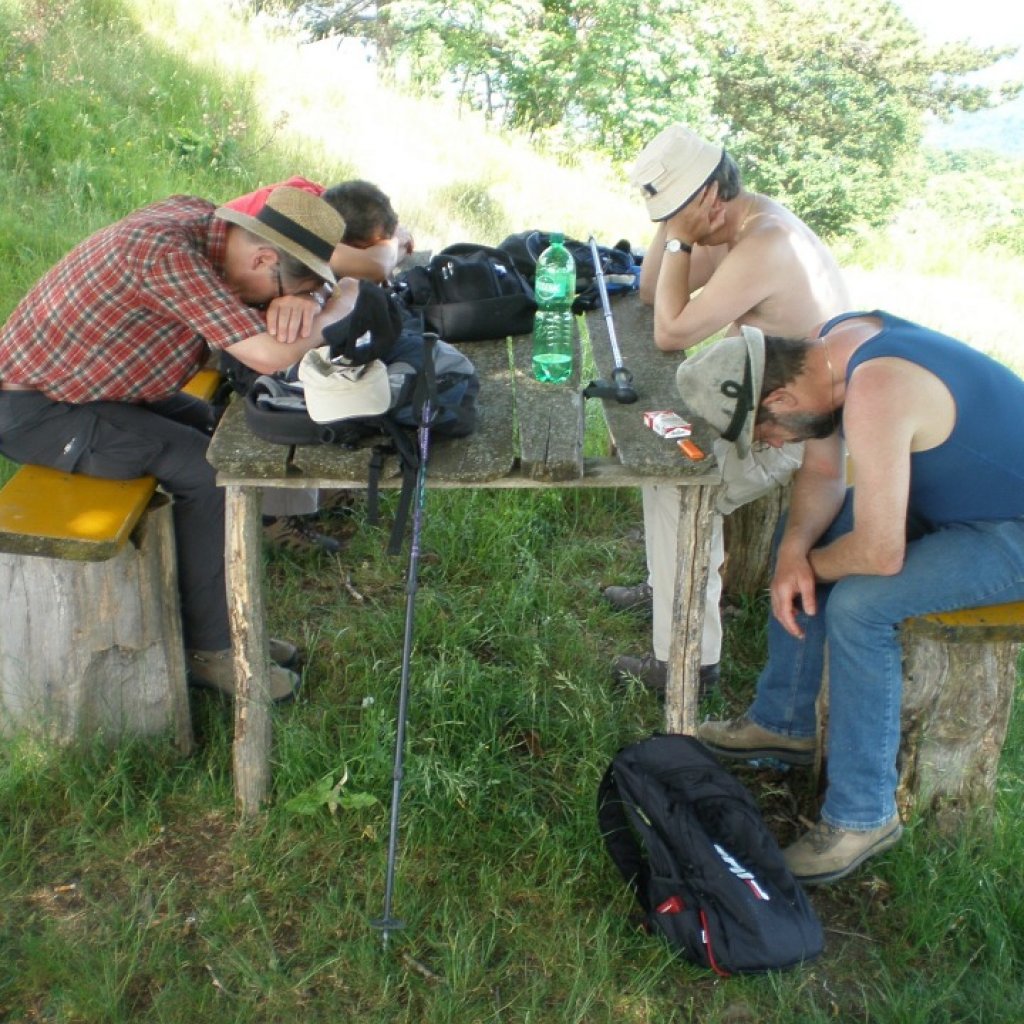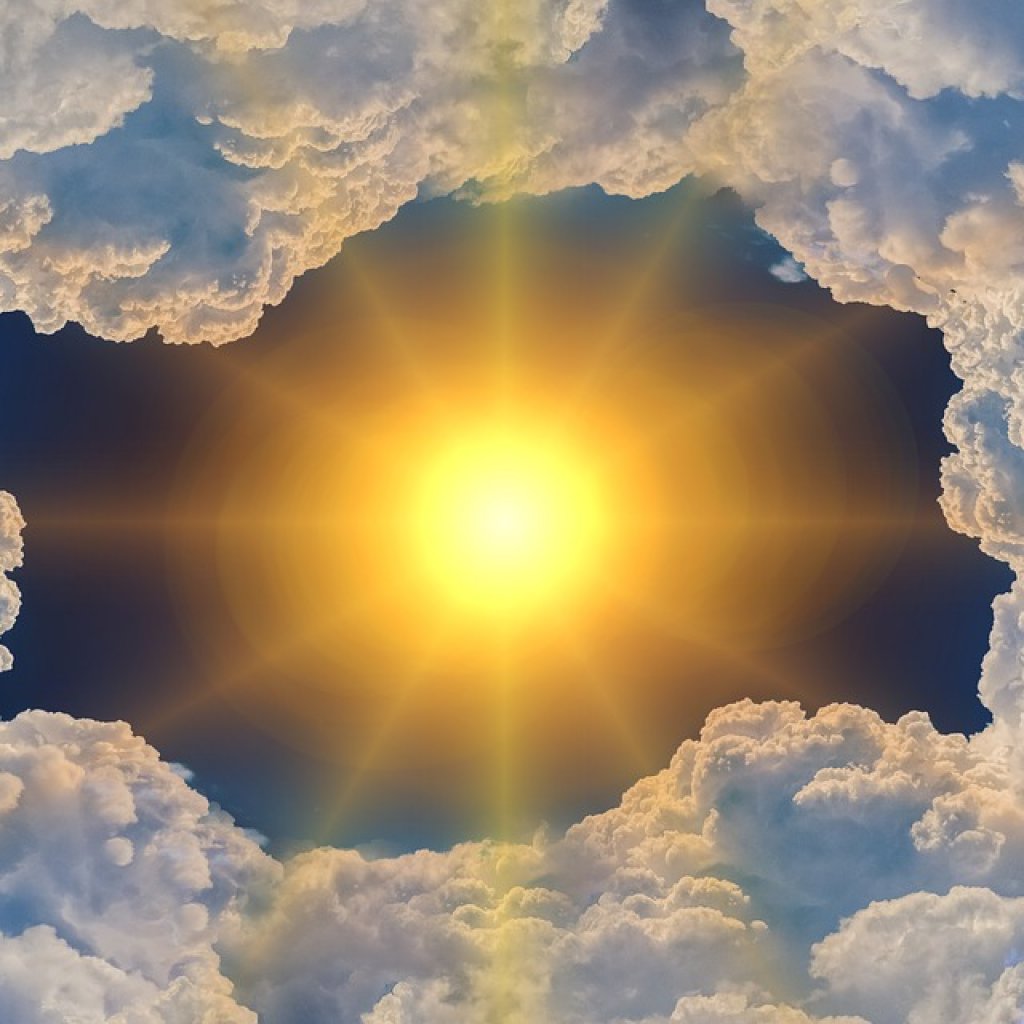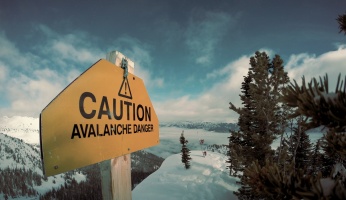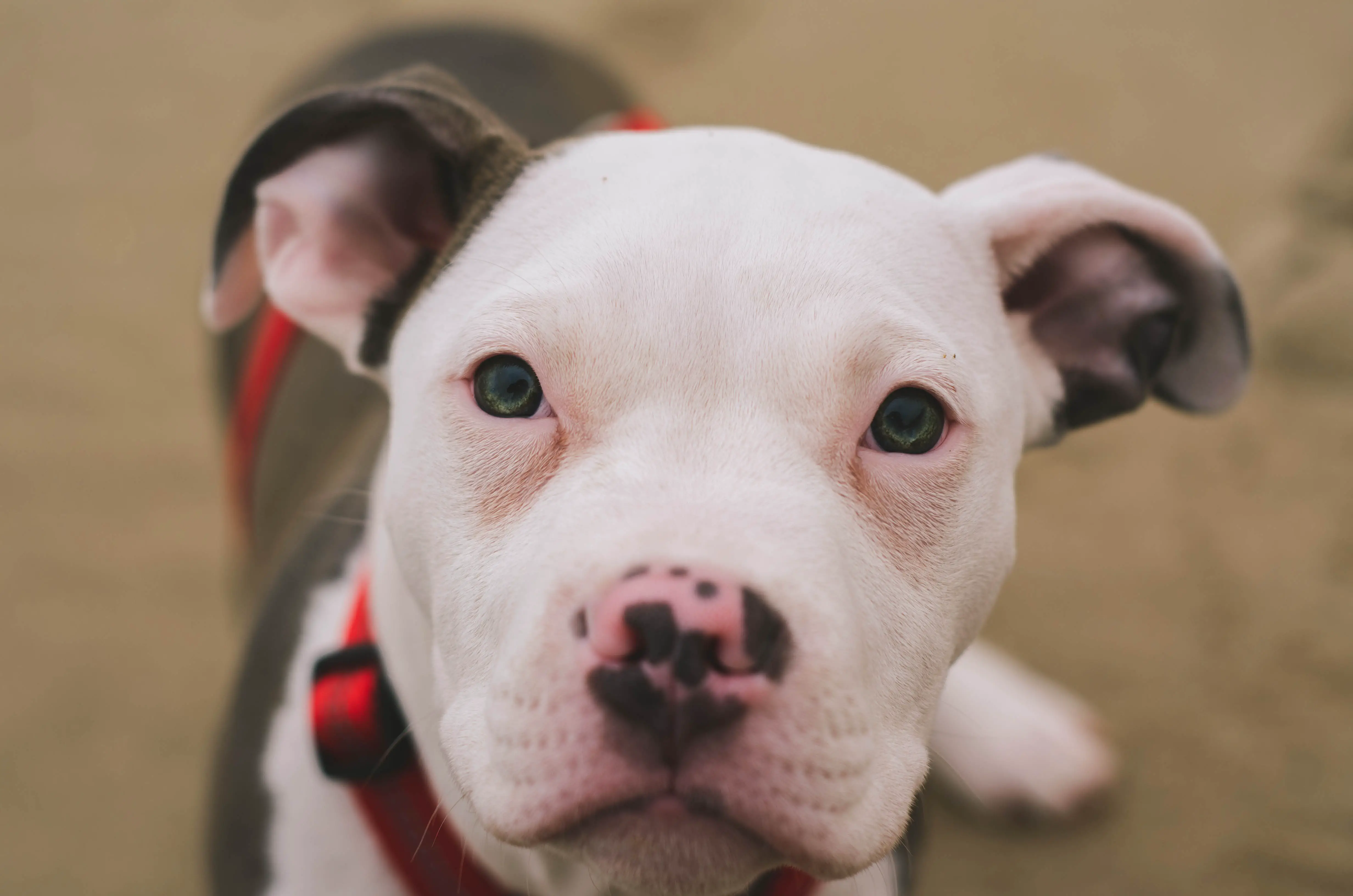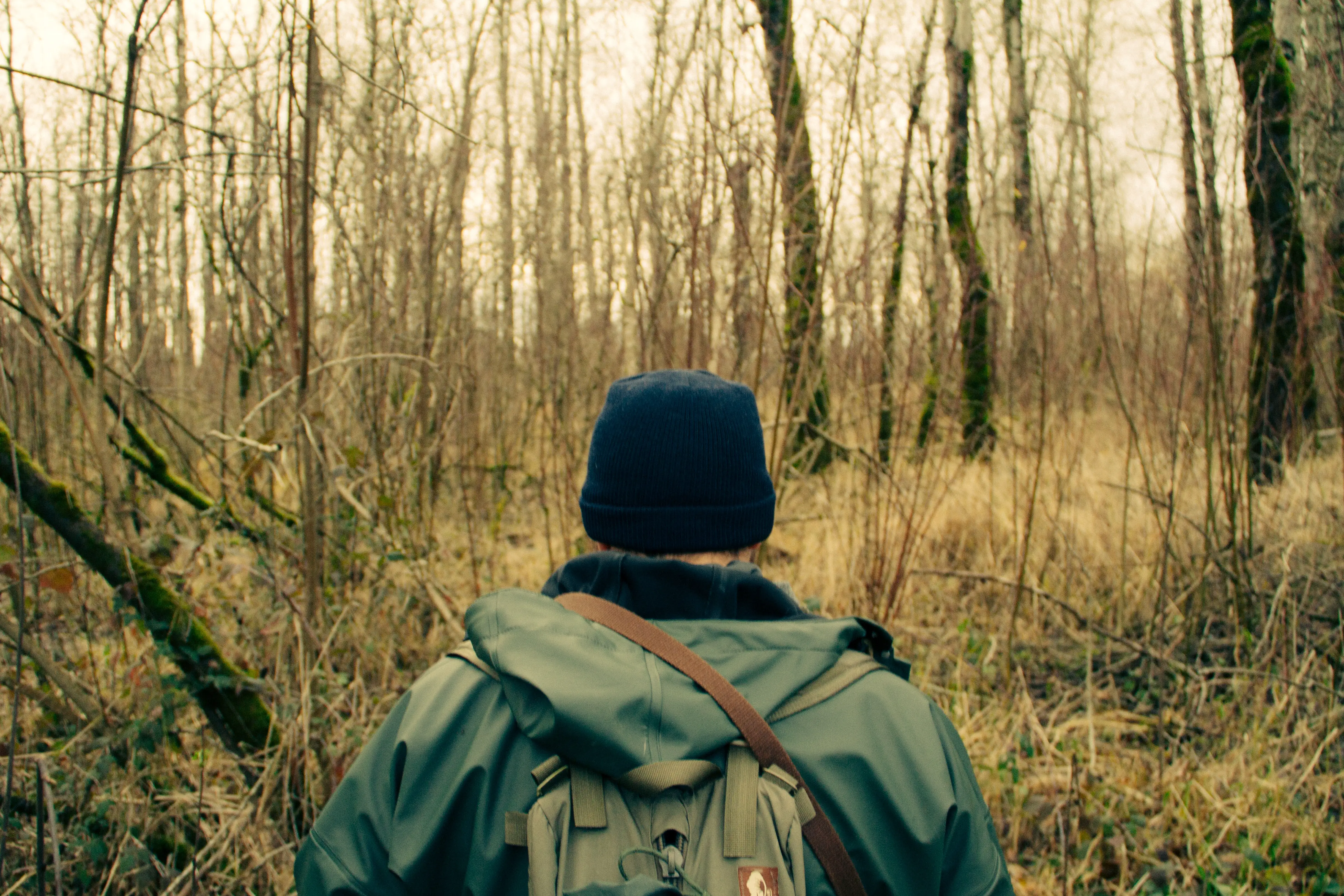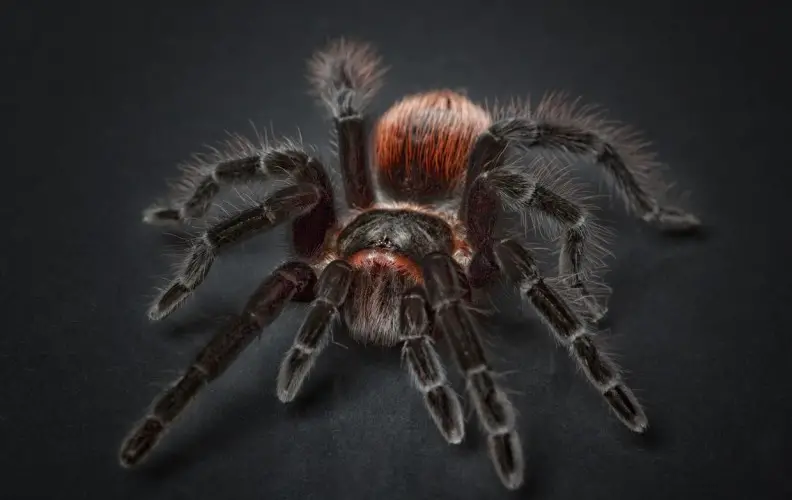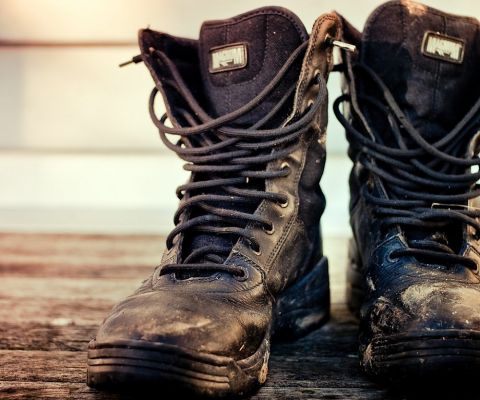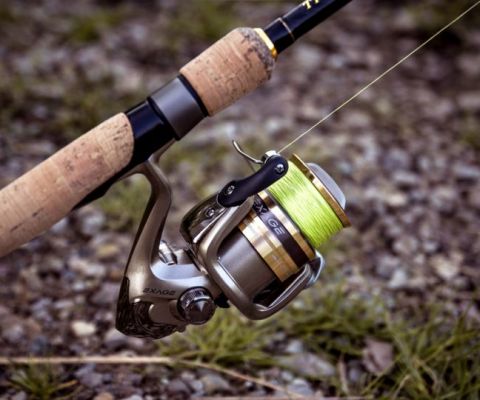Survival Skills: How to Treat Heat Exhaustion
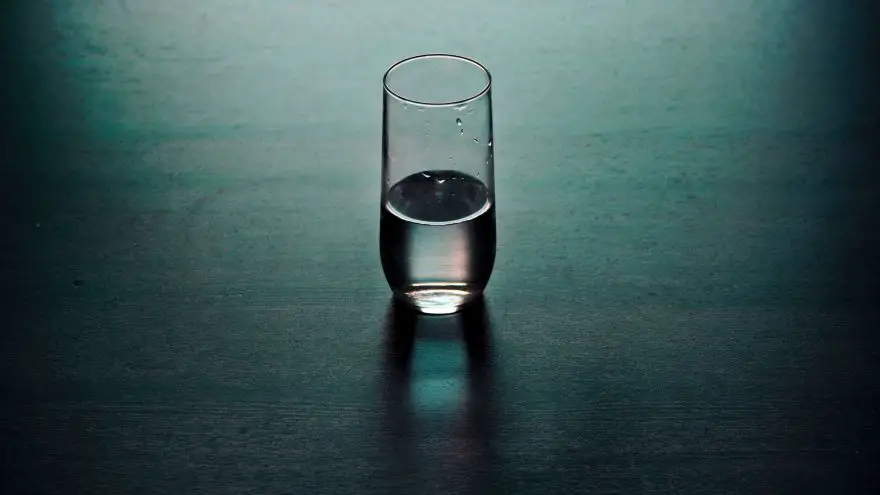 Survival Skills: How to Treat Heat Exhaustion
thegearhunt.com
Survival Skills: How to Treat Heat Exhaustion
thegearhunt.com
Heat exposure is something that we have to deal with in the south on a regular basis, especially in the summer month when the temperatures reach into triple digits and the heat index is twice that. The old saying, “It’s hot enough to fry an egg on the sidewalk,” has never been truer than when you live in the south and we know this, because, of course, as kids, we tried it. It’s true, trust me! Believe it or not, there are three types of heat reactions you can have, and one can often mimic the other, though all are dangerous, one is more serious than the other. We will go into the three types of heat reactions you can have in our blog, but the one we are really going to concentrate on this time around, is the heat reaction known as heat exhaustion and how to treat it, and maybe the others, if we have the time.
It’s much easier to have a bad reaction to the heat than you think. Working out in it, a child playing in the extreme heat during the hottest part of the day, and even being out paying bills and not noticing just how hot you’re getting can be a factor.
Heat exhaustion itself is a condition that is related to the heat and happens after you’ve been exposed to high temperatures, such as a worker on a roof, in midsummer when the heat index is at 105 degrees Fahrenheit. Heat exhaustion can also come with dehydration and itself has two different types, which we will go into in a bit.
No matter which type of heat reaction you have, it can be serious and is nothing to be taken lightly, and not treating heat exhaustion promptly can lead to a heat stroke, which could be deadly. That’s why in this blog, we will delve into not only tips to help you recover, but the causes of heat exhaustion, how to prevent it from happening, and even who is at the most risk, and much more.
So, grab your glass of iced tea and join me in a rocker on the front porch, as we delve deeper into how to treat heat exhaustion, its symptoms, and much more.
Types of Heat Reactions
Many people don’t realize that there are different types of heat reactions you can have from being out in the extreme heat. We will go into those heat reactions below.
Sunstroke/Heatstroke
If you have been out in the sun for an extended period of time, and are feeling sick, these are the symptoms that you should look for if you think you have had a heatstroke/sunstroke. Your skin is hot and flushed, and you have a temperature of 105 degrees Fahrenheit. It is important to note, at this point, that over 50 percent of children who have suffered a heat stroke don’t sweat. It can also cause shock, confusion, and if not treated, you can fall into a coma. This is the most serious of the heat reactions out there, and if not treated properly and right away, it can lead to death, not only in children but adults as well.
Heat Cramps
While not near as serious as the other heat reactions, heat cramps are extremely painful and affect the legs, calves, and even the stomach muscles. There is no fever involved, but spasms in the hands have been known to happen. Being in a cool place and drinking plenty of fluids should help, and you should feel better in a couple of hours.
Heat Exhaustion
That brings us to the topic of our blog, heat exhaustion. We will start going into that below, from the causes to the symptoms and beyond. Ready? Then let’s get started.
What is Heat Exhaustion?
The first question on most everyone’s mind is what exactly is heat exhaustion? Because after all, it’s hard to avoid something, watch out for it, and even treat it, if you don’t know what it is in the first place. By definition, heat exhaustion is a heat-related illness as we previously stated. However, it also comes in two different forms.
The first form of heat exhaustion is water depletion. Symptoms of water depletion include weakness, headache, excessive thirst, and even losing consciousness.
The second form of heat exhaustion is salt depletion. The symptoms of salt depletion include muscle cramps, dizziness, nausea, and vomiting.
Though heat exhaustion isn’t nearly as serious as a heat stroke, it is nothing to be taken lightly, and can itself lead to a heat stroke, if you aren’t careful and don’t treat your heat exhaustion properly. There are a few common signs of heat exhaustion in children and adults that you need to look out for in the summer months. They are listed below.
- Extreme confusion
- Urine that is dark in color, which is a sign of dehydration
- A headache
- Fainting
- Fatigue
- Abdominal cramps
- Muscle cramps
- Vomiting
- Nausea
- Diarrhea
- Excessive sweating
- A rapid heartbeat
- Pale skin that is clammy to the touch
What Are the Causes of Heat Exhaustion?
Heat exhaustion is prone to happen when a person works outside or exercises in the extreme heat, but has been known to happen to children who have been playing outside in the heat with no water and for long periods of time. Once you have lost all the water in your body, without replacing it, dehydration sets in, leading to the symptoms you see above. For example, in hot weather, your body produces sweat to cool itself down, if you have no water in your body, then the body itself can’t sweat and will start steadily heating up instead. This results in heat exhaustion and can lead to a heat stroke, if not treated. There are a few other causes of heat exhaustion as well. Those are listed below for your perusal.
Dehydration
Dehydration reduces your bodies ability to produce the sweat it needs to stay cool, leading to heat exhaustion symptoms.
The Use of Alcohol
Have you ever noticed that after a night out with the guys, you can’t get enough to drink the next day and if you get out in the heat, it makes you feel horrible? That’s because alcohol dehydrates you and if you get out in the heat after a night of drinking, you might just end up with a case of heat exhaustion for your troubles.
Overdressing
Believe it or not, the act of overdressing in the summer can cause you to develop heat exhaustion, especially if you’re wearing clothing that doesn’t allow sweat to evaporate easily.
Who is at the Most Risk of Developing Heat Exhaustion?
There are certain people who are more at risk for suffering from heat exhaustion than others. There are certain factors that can increase your risks. Let’s go into those factors below as well.
The Very Young or Elderly
It’s important to note that infants and children who are under the age of four are extremely susceptible to heat exhaustion, as are older people over the age of 65. In the very young, the bodies ability to regulate its heat hasn’t been fully developed yet, and factors such as illness or medications can affect the elderly’s ability to as well.
Obesity
Of course, the more weight you carry around, the apter you are to get hot, and the more chance you have of suffering from heat exhaustion. It also affects your bodies ability to regulate its own heat and can make you retain heat as well.
Certain Types of Drugs
There are quite a few prescription drugs that can alter the bodies ability to regulate heat as well, including certain medications for allergies and some medications for high blood pressure. So, you want to consult with your doctor and be careful in the heat, if you are taking those types of medications. Certain types of illegal drugs, such as cocaine can increase your core body temperature as well, making you prime for suffering from heat exhaustion.
Sudden Temperature Changes
A sudden change in temperature that you’re not used to can make you a candidate for heat exhaustion as well. For example, if you move from up north, where the temperatures don’t get out of the seventies in the summer to the deep south, where a cool day in the summer is in the nineties, you could suffer heat exhaustion, because your body isn’t used that extreme temperature. If this is the case with you, then you need to be extremely careful, until you get used to the climate you have moved too.
High Heat Indexes
Remember, that just because the thermometer reads 84 degrees, that doesn’t mean that’s what it feels like outside. It could be 84 degrees, with a heat index of 98 degrees. The heat index is the temperature that it feels like outside, and that is what can be deadly and lead to extreme heat exhaustion as well. If you are in an area that you aren’t used too, try to stay inside on hot, humid days to ensure you will be fine.
Treatment for Heat Exhaustion
In most cases, you will be able to treat your heat exhaustion symptoms on your own, by doing the following things at home.
Rest in a Cool, Relaxing Place
Getting inside, where an air conditioner is, is your best chance of recovering from heat exhaustion. Try to lie down on your back, with your legs at heart level, until you start to cool down and feel less dizzy. If you are outside and can’t get inside, try to lay under a shade tree and do the same thing, until you feel a little better, then get inside as soon as possible.
Drink Some Cool Fluids
It’s best to stick to water or sports drinks, instead of gulping down a sticky, sweet soda or fruit drink, which can make you sick to your stomach. You need to avoid drinking alcohol altogether because that will just dehydrate you more.
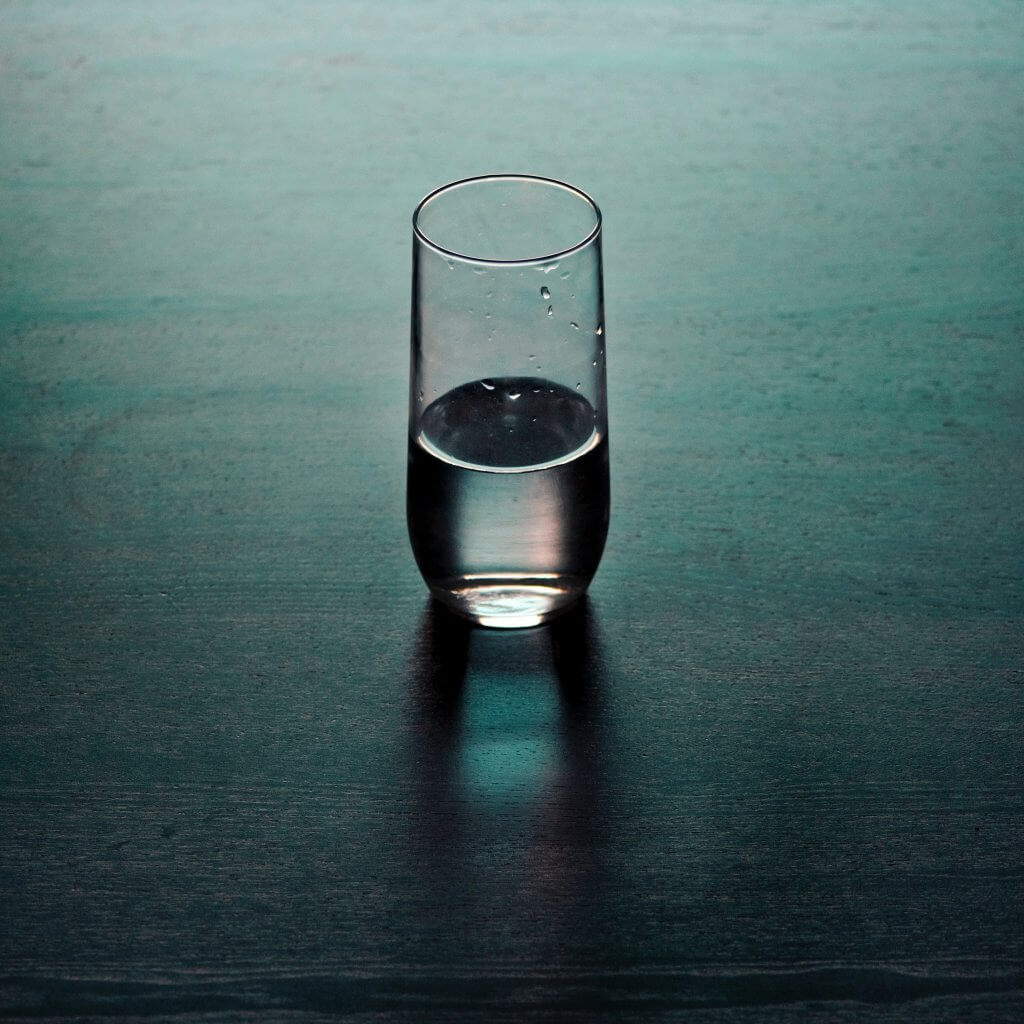
Try Cooling Down Measures
If at all possible, try taking a cool shower, soaking in a cool bath, or even putting cold towels around your neck, shoulders, and on your forehead. If you can’t get indoors and there is a pond nearby, try soaking in the cold water to get your temperature down, until you can get inside. It is extremely important that you get your body heat down, or you could be headed for a heat stroke.
Loosen Tight Clothing
If at all possible, remove your clothing, before starting cooling measures. If you can’t, then loosen it and remove as much clothing as you can in the circumstances, to help your body begin to cool down. Lightweight and nonbinding clothes will help your body to do its job and cool you down the right way.
Tips for Preventing Heat Exhaustion
One of the best ways to get away without suffering heat exhaustion in the extreme heat is by preventing it from happening to begin with. Read on below for a few tips to help you along the way. When temperatures start to climb, do the following to combat the change.
- Make sure that the clothes you wear are loose fitting and lightweight, clothes that will allow sweat to evaporate on your body, instead of holding the sweat in
- Protect yourself against getting sunburned
- Always drink plenty of fluids, preferably water and no alcohol
- Talk to your doctor and take some extra precautions with some of the medications you might be on
- Never, ever leave anyone in a hot car. They can get sick quickly and die, and it is also illegal to leave children or pets in hot cars, so you could go to jail as well
- Work to get acclimated to the area you are living in, slowly, not all at once
- If you are at increased risk of suffering from heat exhaustion, be extra careful in the heat
This concludes our blog on how to treat heat exhaustion. Follow the tips above and you will be fine this upcoming summer season.
Sources:
- Mayo Clinic: Heat Exhaustion
- WebMD: Heat Exhaustion: Symptoms and Treatment
- Seattle Children’s Hospital: Heat Exposure and Reactions






